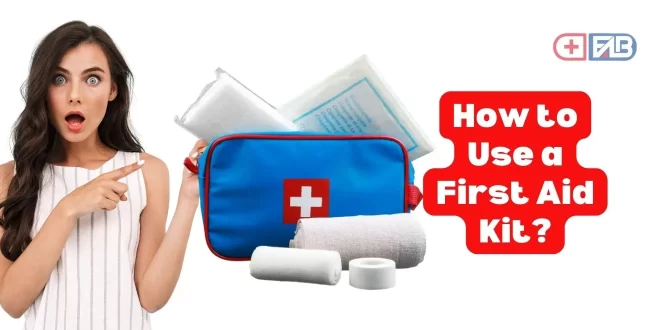Many people are scared of hospitals or unwilling to disrupt their routine for appointments. Are you one of them? While a common cold may only necessitate rest and fluids, certain symptoms and conditions warrant a visit to disease specialist doctors in NJ. So, keep an eye on these signs that suggest you should visit a Walk-In Urgent Care Clinic in New Jersey.
Change in bowel or urination habits –
The regularity of urination and bowel movements varies individually. However, a sudden shift in your usual pattern – whether an increase in urination or encountering Diarrhea, constipation, or stools with blood or black color – may indicate the need to consult with a specialist doctor.
Sudden physical or behavioral changes –
Experiencing sudden emotional intensity, slurred speech, vision impairment, or sudden difficulty in limb movement warrants a doctor’s attention. These symptoms may indicate a potential stroke – a life-threatening condition if left untreated. Similarly, sudden shortness of breath or chest tightness could signal a heart attack or cardiac issue, necessitating prompt medical visits to disease specialist doctors in NJ.
Frequent dizziness –
While the occasional light-headedness from skipping breakfast or standing up immediately is normal, persistent dizziness demands attention. If you exhibit pale skin, persistent weakness, or frequent need to steady yourself, these may be indicative of anemia. Repeated instances of dizziness may also warrant consultation with a disease specialist doctor, as they could signal underlying heart issues.
Persistent or high fever –
A fever is a natural defense mechanism against infections, usually not a major worry. Yet, if your temperature exceeds 103˚F or you sustain a low-grade fever for over three days, it becomes essential to visit a nearby Walk-in Urgent Care clinic in New Jersey to consult a physician. It might signal a more severe infection. When a high fever is accompanied by a strong headache, unusual skin rash, mental disorientation, stiff neck, sensitivity to bright light, difficulty breathing, or chest pain, it is imperative to get medical assistance right away.
Unexpected weight reduction –
A sudden decrease in weight could be a sign of a long-term medical problem. Unexpected weight loss may indicate the presence of an underlying medical condition. A few of the potential illnesses include heart failure, Parkinson’s disease, hyper- and hypothyroidism, cancer, and celiac disease.
Sudden changes in your mood –
While moods naturally vary, abrupt confusion or personality shifts may indicate infection or drug-related issues. If you encounter newfound anxiety, depression, irregular sleep patterns, or difficulty concentrating, it is essential to have a consultation with a disease specialist doctor in NJ regarding your concern.
Unusual headaches and bursts of pain –
It’s time to visit a doctor if you have unexpected bursts of pain in previously undiagnosed locations or if your headaches have increased in intensity from a three to a ten. You can be suffering from a concussion as a result of head trauma. Additionally, there is an increased risk of internal bleeding and meningitis in older persons.
Any severe headaches that peak at 60 seconds and come on suddenly (also called thunderclap headaches) should be treated medically right once since they may indicate cerebral hemorrhage, stroke, or blood clots. If migraines are keeping you up, you may be suffering from “cluster headaches,” which can occasionally be brought on by brain tumors, sleep apnea, and high blood pressure. So, it becomes essential to have a consultation with a disease specialist doctor to lessen their severity.
Unexpected difficulty in breathing –
While certain situations like high altitudes, extreme temperatures, or vigorous exercise can justify temporary breathlessness, unexplained shortness of breath should be reported to your doctor. It may indicate an undisclosed health problem requiring immediate attention from a disease specialist doctor in NJ. In cases of sudden and severe breathlessness, seek immediate emergency medical assistance.
Sudden symptoms after post-medication or procedure –
Before starting a new medication or undergoing a medical procedure, inquire with your doctor about potential side effects. Cautiously observe for any unusual occurrences, and if something unexpected arises, contact your doctor’s clinic to determine if scheduling an appointment is advisable.
Those mentioned above are some signs that suggest a hospital visit is required. If you are searching for the best Walk-in Urgent Care clinic in New Jersey regarding any of your health concerns, look at NJ Doctors Urgent Care to consult its experienced staff.To schedule your consultation with a specialist and embark on the journey to recovery, please contact (973) 530-4362, (732) 952-3627, or (973) 695-0885.



